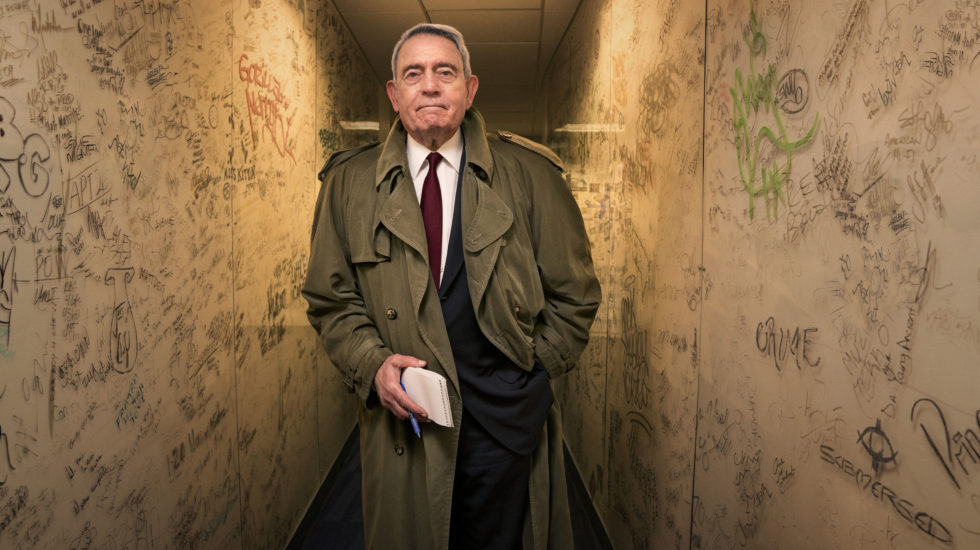In the tally of injustices that have plagued the United States of America, the plight of the native peoples of this continent ranks as one of the most tragic. It is incumbent that we do not, as a nation, minimize the historic suffering, subjugation, and segregation of these people. The shadows of these policies still cast a deep darkness of pain and sorrow.
What happened today in the White House shows the utter lack of sensitivity, knowledge, and caring of President Trump about the plight of these native people. In a ceremony honoring Navajo code talkers who served valiantly in World War II, Mr. Trump cast out one of his many childish and derogatory nicknames – this one being Pocahontas, for Massachusetts Senator Elizabeth Warren who has claimed Native American ancestry. Many within and without the Native American community consider Mr. Trump’s use of Pocahontas to be a racial slur.
Once again a moment that was supposed to be about someone else has become about Mr. Trump. Once again a marginalized group feels more marginalized by comments from this President. Once again, we must ask ourselves whether these utterances deserve coverage.
But when it comes to Native Americans I believe any such slur or attack needs to be brought out into the open. This is not right. We cannot remake our history, but we can remember it and vow to make the future better.
In writing my latest book about patriotism in today’s America, I kept returning to the idea that for all the wonderful rhetoric of our supposed shared values, the Native Americans have come up short – they who once inhabited this land of seemingly endless bounty. This is how I described it:
Our nation was built on a foundation of ideals. To be sure, we are a country of natural wonder — a cross-continental expanse of fertile farmland, churning rivers, great resources, and some of the most beautiful places on Earth. But more than land, we are bound together by a grand experiment in government, the rule of law, and common bonds of citizenship. This is what it means to be an American. It’s tragic that those with the strongest ancestral tie to the land, the Native Americans, have so bitterly felt the chasm between the soaring words of our Declaration of Independence and Constitution and the harsh reality of governmental policy.
Today, thanks to President Trump, Native Americans feel that way once again. They may be invited to the White House, but they are reminded that, in some people’s eyes, they do not fully belong there other than as a backdrop for a political attack.
Being sensitive about our history, be it positive or negative, must be part of WhatUnitesUs
